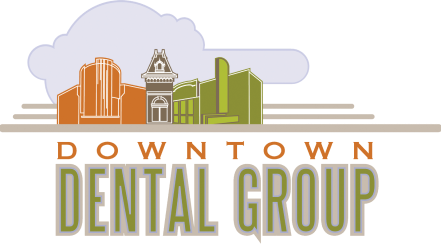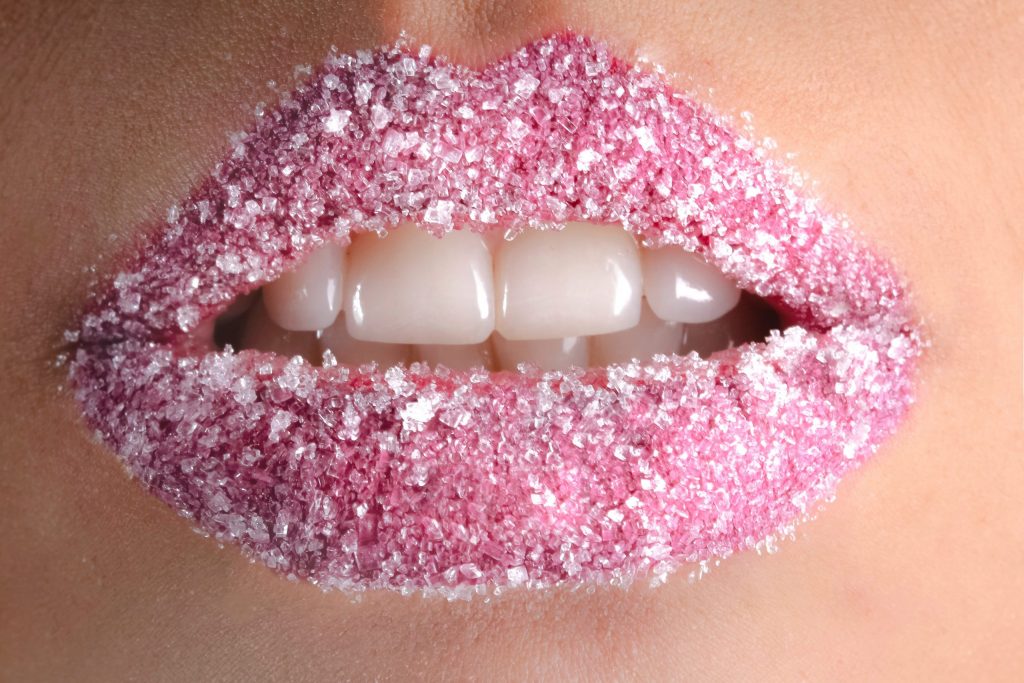We have all heard that sugar isn’t good for teeth, but you might not know exactly why. Whether you are curious for yourself or if you have a child asking you about why they need to brush their teeth, we can help clear the air. There is a direct correlation between sugar and cavity development. Let us help break it down for you!
How Is Sugar Bad For Your Teeth
When sugar is consumed, it interacts with the bacteria in your saliva. This causes plaque to form. When plaque builds up on teeth, it becomes acidic and begins to break down the enamel. This is the beginning of tooth decay.
Sources of Sugar
Sugar is in a lot more than just sweets. Natural sugars can be found in everything from fruits to vegetables. A majority of processed foods also contain refined sugar. Processed white sugar can be particularly alarming because this type of sugar forms a sticky residue that can be hard to remove from your teeth. Sugars that are found in drinks present an even more challenging issue. Drinks with sugar tend to be higher in acidity. Sugar paired with acidity can be devastating to oral health.
Minimizing Exposure and Damage
Limiting your sugar consumption can seem overwhelming once you realize just how much you consume. We recommend focusing on limiting artificial sweeteners, processed and refined sugars. These are the sugars found in things like pre-packaged snacks, ice-creams, sodas, juices, and candy.
You shouldn’t worry too much about the natural sugars found in fruits and vegetables. Foods high in protein help promote strong teeth and vegetables like celery and carrots can help reduce the bacteria that creates plaque. Drinking water regularly can help increase saliva production and clears your mouth of debris.
There’s also the obvious, brush your teeth! Plaque is going to form but you can prevent it from doing damage by practicing good oral hygiene. The American Dental Association promotes brushing your teeth at least twice a day. If you are going to brush your teeth after eating, wait 30 minutes before brushing. You should floss after you brush your teeth and if you use a mouthwash, select one that has an antiseptic. Always aim to brush your teeth before you go to bed.
Get Regular Cleanings
You should aim to get two professional cleanings a year to monitor and promote good oral health. When you work with our staff, we will help educate you on good oral hygiene practices. Working with a dental professional will ensure that your teeth stay healthy and strong throughout your life.

